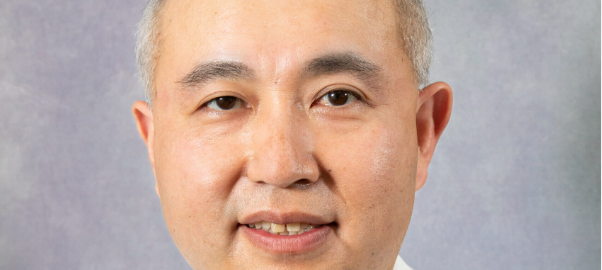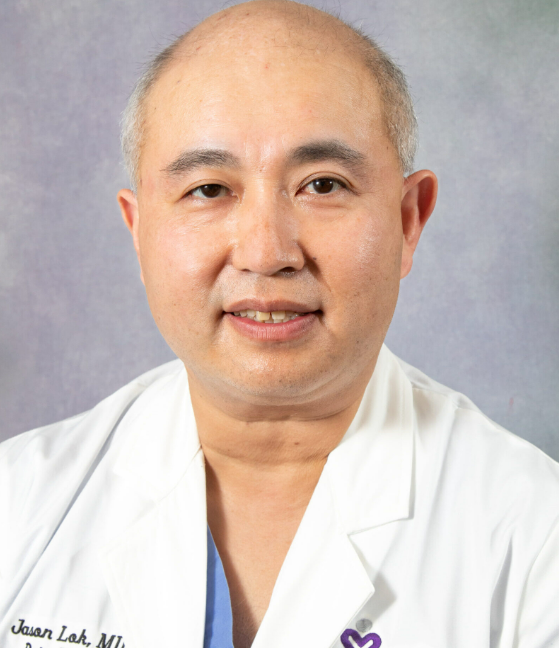
Patient Safety is Our First Priority
As President of the New York State Society of Anesthesiologists (NYSSA), our first priority is, and will continue to be, “patient safety.” This is enshrined in our mission. Each year, our organization holds the PGA educational conference in New York City which brings over 3,500 physician anesthesiologists from all over the world together, with our main goal of improving patient safety. The amazing advances in anesthesia drugs and techniques over the past century have improved advances in modern medicine and surgery. We are especially proud that mortality risk associated with anesthesia has improved significantly since extensive research has accelerated in the 1950s. At that time, the annual number of anesthesia-related deaths in the U.S. was more than 5,100, or 3.3 deaths per 100,000 population. Presently, anesthesia safety is greatly improved to 0.69 per 100,000 population.
For nearly 30 years, the NYS Health Code required that physician anesthesiologists administer the anesthetic or supervise a nurse anesthetist in the administration of anesthesia, or the operative surgeon accept responsibility for supervising a nurse anesthetist. The NYSSA has over 4,300 physician anesthesiologist members, and supports licensure of the 1,500 certified registered nurse anesthetists (CRNA) in NYS, but not at a cost to patient safety.
The current time-tested model for physician-led anesthesia care has resulted in dramatically improved patient safety. Not only do physician anesthesiologists lead the care team, they also are responsible for the medical management of the patient. This includes determining the perioperative risks with optimization of the patient’s health and assuming the overall medical responsibility for the patient which includes intubating patients with difficult airways. Most importantly, they are physically present for all phases of anesthesia care including preoperative medical assessment and are immediately available to respond and medically intervene when a patient crisis occurs. This is when seconds count and what patients prefer as well – a recent poll disclosed that 87% of New Jersey patients want physician oversight in anesthesia. The poll also report that a majority of voters say legislation permitting nurse anesthetists to administer anesthesia without physician oversight wouldn’t improve patient safety.
The independent practice of nurse anesthetists would needlessly lower the standard of care for patients because a physician would no longer be required to be physically present or available on-site when anesthesia is administered. Under this model, nurse anesthetists would be able to administer anesthesia entirely independently without medical education but with just their nursing knowledge. This may create a situation where hospitals hire nurse anesthetists at a lower salary than a physician anesthesiologist, thereby unnecessarily risking patient safety. We know that this will disproportionately impact rural and low-income communities that already experience a lower standard of care. We also know that this will create a two-tier anesthesia delivery system in which patients with means to pay will receive physician-led care. Every patient, regardless of socioeconomic status, deserves the highest level of care.
This misguided effort will have a negative impact, as shown by a Journal of the American Medical Association (JAMA) study that found increased adverse patient outcomes when physician anesthesiologists were removed entirely from the delivery of anesthesia care. Additionally, research on anesthesiologist direction and patient outcomes found that death rates were 8 percent higher, and preventable deaths due to a complication were 10 percent higher among patients whose anesthesia was not provided by a physician anesthesiologist.
Nurse anesthetists should be licensed as CRNAs in New York. They are an extremely important part of the anesthesia care team. However, we oppose allowing them to practice independently. Their nursing education does not substitute with our medical training in breadth or extent nor in subspecialties. Simply put, their skillset and training are different from a physician and unnecessarily adds to patient risk, as well as further exacerbates health inequities. Our Society opposes S769-A (Cooney) / A6958-A (Reyes) for the above-mentioned reasons and supports A1890 (Bichotte Hermelyn) / S3000 (Gounardes) because this bill provides supervision of nurse anesthetists and protects our patients.
Dr. Jason Lok, MD, FASA, serves as President of the NYS Society of Anesthesiologists.
sponsored content

